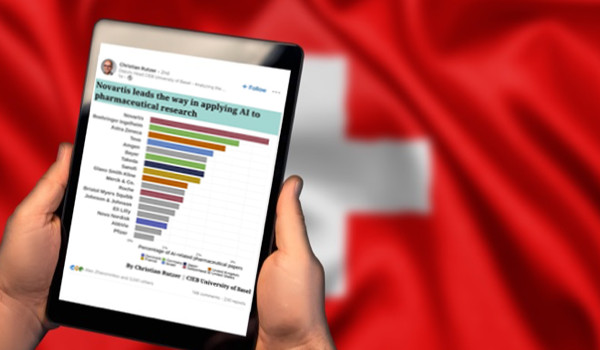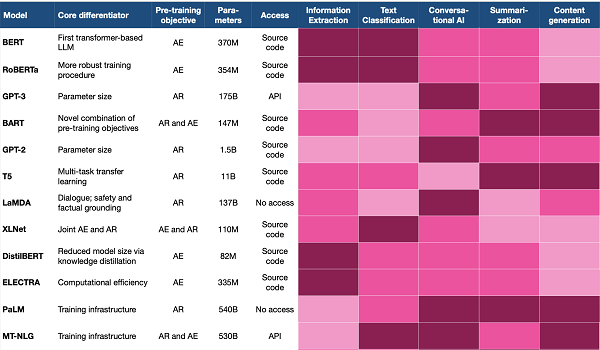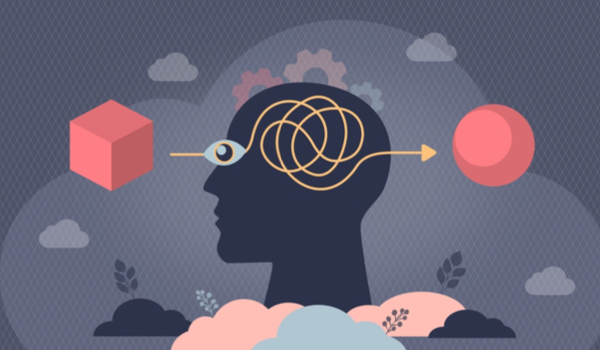


SAN FRANCISCO - Since moving on from Microsoft, Bill Gates has spent most of his time pursuing philanthropy and contemplating the ways in which artificial intelligence (AI) can be leveraged to mitigate some of the most severe inequities that plague the world today. The most grievous of these is in healthcare, with 5 million children under the age of five succumbing every year to preventable malnutrition and diseases like malaria.
While this figure is an improvement over the 10 million annual premature deaths occurring two decades ago, it is still an alarmingly high number - especially given that the vast majority of these children live in economically underdeveloped countries with poor infrastructure, where it can be difficult to get them the resources they need. To bring this number down and ensure that more children can live healthy and productive lives, AI must therefore help identify who is at risk, where are they are, and how to get them what they need as quickly and efficiently as possible.
In the United States, a rich country but one with high levels of poverty and inequality in both health and education, the best and most promising strategy to reduce the inequality in access to good education - which in turn is correlated to access to good healthcare - is by improving students’ mathematics skills. Math proficiency lays a foundation for career success regardless of industry, research shows. However, math achievement rates have been declining over the years, and this drop has been especially pronounced for students from low-income households, who tend to be disproportionately Latino and Black. Again, AI can potentially reverse this trend if used to reduce inefficiencies, cut costs, identify the main factors that hold back these students from low-income households, and match them with the resources they need to succeed.
The Bill and Melinda Gates Foundation anticipates AI continuing to make an impact on issues t
The content herein is subject to copyright by The Yuan. All rights reserved. The content of the services is owned or licensed to The Yuan. Such content from The Yuan may be shared and reprinted but must clearly identify The Yuan as its original source. Content from a third-party copyright holder identified in the copyright notice contained in such third party’s content appearing in The Yuan must likewise be clearly labeled as such. Continue with Linkedin
Continue with Linkedin
 Continue with Google
Continue with Google







 994 views
994 views










